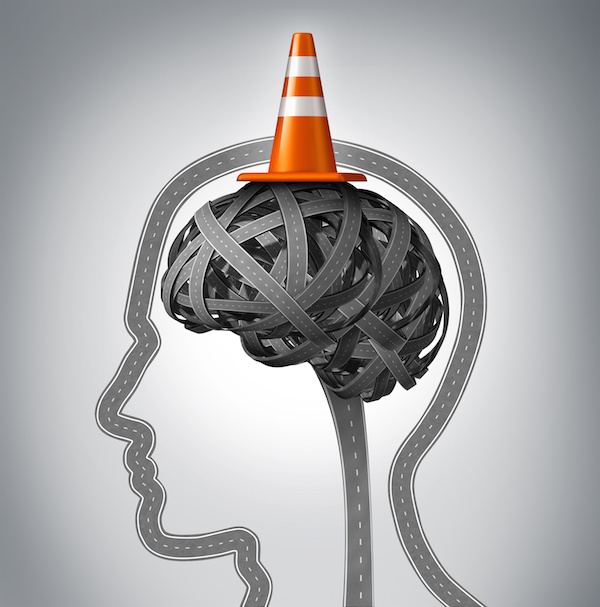WEDNESDAY, Feb. 24, 2016 (HealthDay News) — Many Ebola survivors have brain symptoms that last long after other signs of the potentially fatal infection are gone, a new study finds.
“While an end to the outbreak has been declared, these survivors are still struggling with long-term problems,” study author Dr. Lauren Bowen, from the U.S. National Institute of Neurological Disorders and Stroke, said in an American Academy of Neurology news release.
The research team checked the health of 82 Ebola survivors in Liberia, one of three West African countries at the epicenter of the 2014 Ebola epidemic. Their average age was 35. At least six months after they were first infected with the virus, most had some type of neurological issue. Common problems included weakness, headache, memory loss, depressed mood, muscle pain, tremors, abnormal eye movements and irregular reflexes, the researchers said.
Two of the survivors were suicidal and one had hallucinations, according to the study.
“More than 28,600 people were infected with Ebola in West Africa during the outbreak. Of that number, 11,300 died. We wanted to find out more about possible continued long-term brain health problems for the more than 17,000 survivors of the infection,” Bowen explained.
“It is important for us to know how this virus may continue to affect the brain long term,” she said.
The study is to be presented Wednesday at the American Academy of Neurology’s annual meeting in Vancouver, Canada. Findings presented at meetings are generally viewed as preliminary until published in a peer-reviewed journal.
More information
The U.S. Centers for Disease Control and Prevention has more on Ebola survivors.
Copyright © 2026 HealthDay. All rights reserved.

